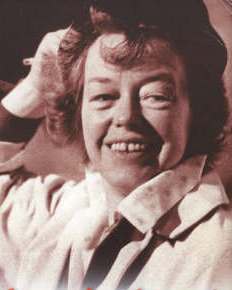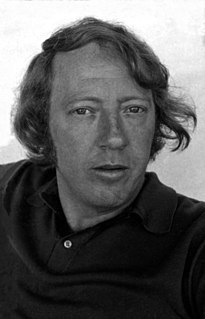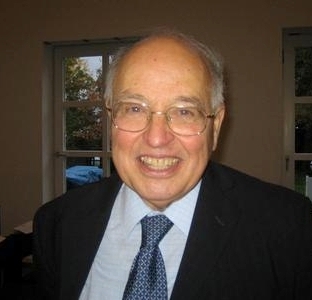A Quote by Yo-Yo Ma
The role of the musician is to go from concept to full execution. Put another way, it's to go from understanding the content of something to really learning how to communicate it and make sure it's well-received and lives in somebody else.
Related Quotes
The men who go out the scientists who go out, they have so much fun on the way that when they get there well it's done. So they're looking for another thing. You see the objective may remain the same - the search - but you must get lost on the way, get stupid to my mind, this is what you do in theatre; a team of people go out to look for something, they find, maybe, something else.
There is first the problem of acquiring content, which is learning. There is another problem of acquiring learning skills, which is not merely learning, but learning to learn, not velocity, but acceleration. Learning to learn is one of the great inventions of living things. It is tremendously important. It makes evolution, biological as well as social, go faster. And it involves the development of the individual.
Once you go on stage you're essentially creating the world that people want to participate in. The worst thing you can do is go out on stage with the idea that you're going to communicate something you've learned and if you do it really well, they'll approve. If you go out in an approval process, you will be so nervous and so preoccupied you'll never get to the heart of what it is you want to make music with.
When I go to throw a punch, actually, my intention is to hit somebody. That's just second nature to me. So you have to just rewire yourself. It's not something where you have to sit and subconsciously think about it, but you kind of have to just put yourself in that mode and go with it. Learning the fight scenes, I've never had to learn choreography before, so learning the fight scenes was like learning a dance or something like that. I had a little bit of influence in the fight scenes and I tried to put as much influence there as I could, but I had fun doing it.
Most challenging, mainly for me, learning how to bump, learning to trust your body and trust somebody else with your body, when we're learning how to do bodyslams and suplexes and figuring out how to kick somebody right while making sure to protect each other. In the beginning, for me, a forward roll was pretty challenging.
I'm somebody that sets goals, enjoys the preparation and the planning to achieve those goals, and then really enjoys going through that plan really disciplined and achieving those goals... I enjoy the whole process. If you fail, you can backtrack and see, 'OK, that didn't go well, let's try something else and let's go that other route.'
It is hard to communicate understanding because that is something you get by living with a problem for a long time. You study it, perhaps for years, you get the feel of it and it is in your bones. You can't convey that to anyone else. Having studied the problem for five years you may be able to present it in such a way that it would take somebody else less time to get to that point than it took you. But if they haven't struggled with the problem and seen all the pitfalls, then they haven't really understood it.
If you want to be Justin Timberlake, go for it. But if you want to be somebody else, go for it but it's usually very hard. You just got to believe in yourself, work hard. I've no advice, I did everything the right and wrong way. You make it up as you go along, but it has to be in your blood stream and it's not a job. It's a way of life.
Most people you'd tell "I'm gonna be a musician," they'd say, "you're crazy, you're gonna starve, you're gonna be poor, a drug addict, go to jail, you'll never make it, there's too much competition, it's a terrible business," etc. But my chorus teacher in high school said, "you've got what it takes to be a really good professional musician, you should consider it." That was an epiphany for me. So I thought, well, maybe I can help somebody, too.
I get up in the morning and I put on makeup and then I say somebody else's words in someone else's clothes, and then I go home and watch TV, have a glass of whisky and go to bed. And I'm overcompensated for that. So it's insane to not use that pedestal to try and at least help someone or something that's in need.



































